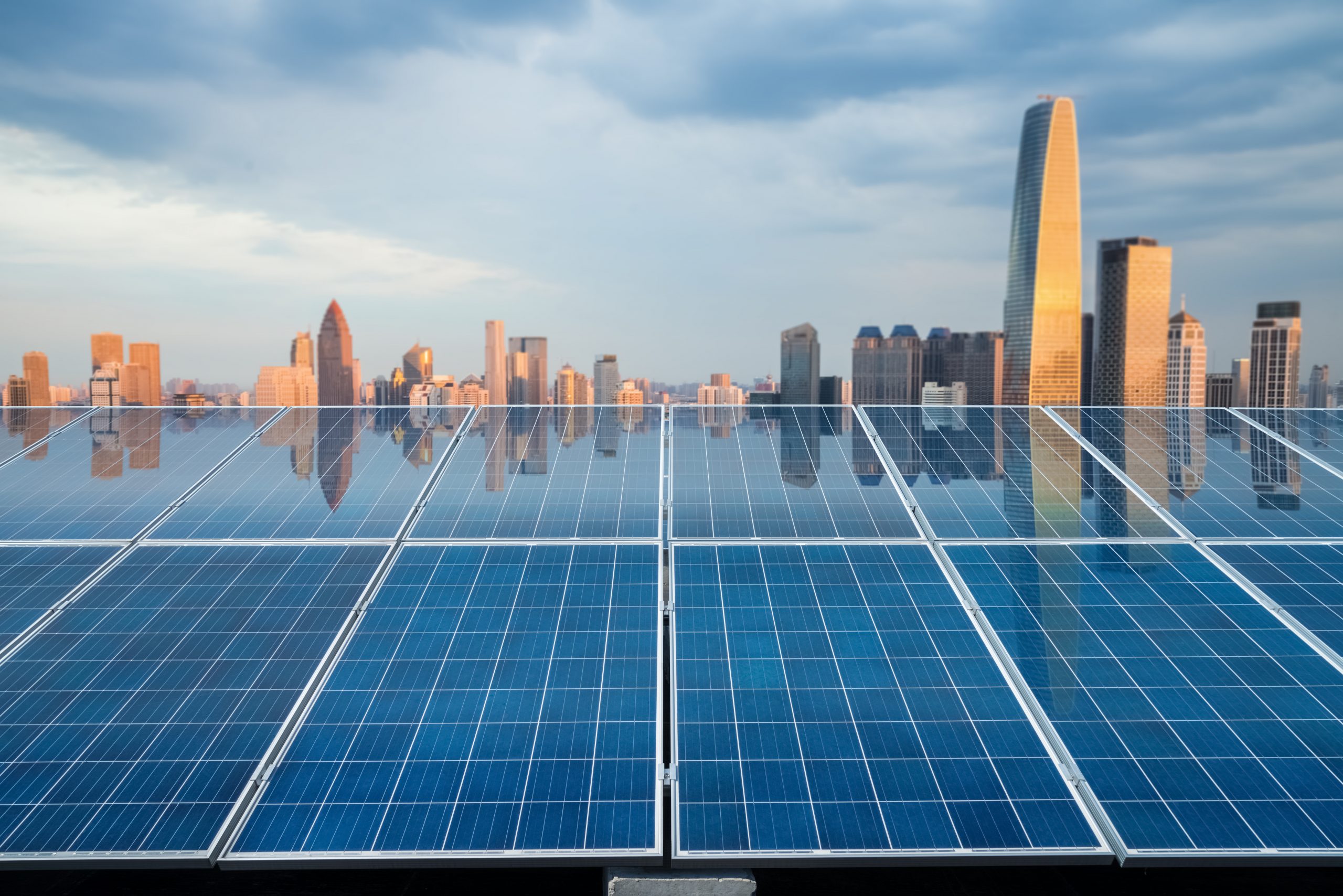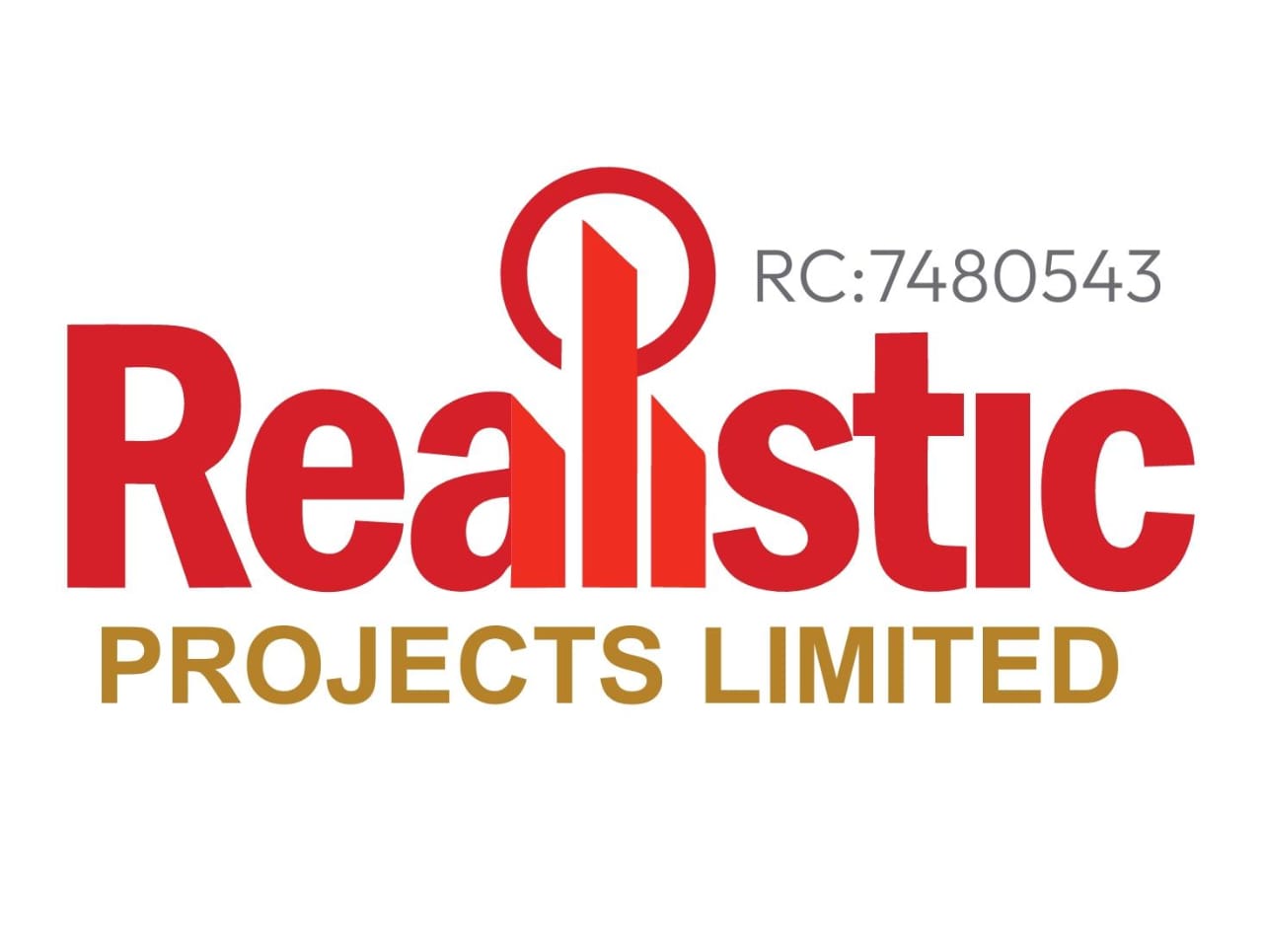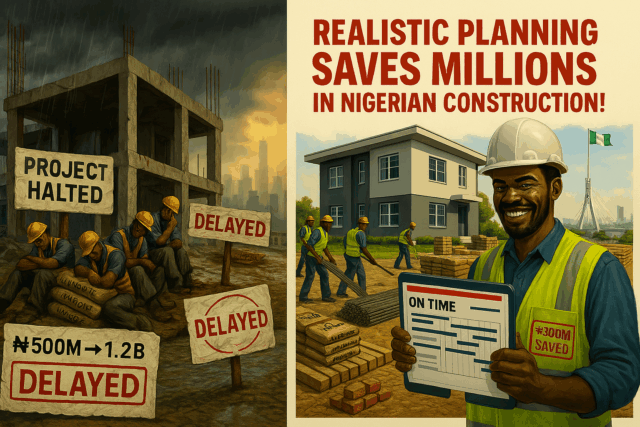As the world continues to face the challenges of climate change and the growing demand for sustainable solutions, energy-efficient buildings have become a critical focus in the construction industry. These buildings are designed to minimize energy consumption while maximizing performance and comfort, ensuring that resources are used wisely. At Realistic Projects, we are committed to promoting and delivering energy-efficient solutions that benefit both individuals and the environment.
In this blog post, we will explore the importance of energy-efficient buildings, their benefits, and the key strategies for designing and implementing these structures.

Why Energy-Efficient Buildings Matter
Energy-efficient buildings play a significant role in reducing our overall energy consumption, minimizing environmental impacts, and addressing the global energy crisis. Traditional buildings consume large amounts of electricity for heating, cooling, lighting, and operating appliances, contributing significantly to greenhouse gas emissions.
By designing energy-efficient buildings, we can lower energy demands and reduce the reliance on non-renewable resources. In countries like Nigeria, where energy supply can be unstable and costly, energy-efficient designs not only promote sustainability but also provide practical solutions to energy challenges. Furthermore, as governments worldwide are increasingly implementing stricter building regulations focused on sustainability, investing in energy efficiency has become essential for future-proofing construction projects.
Key Benefits of Energy-Efficient Buildings
Energy-efficient buildings offer a range of advantages that benefit developers, owners, and occupants. Below are some of the most important benefits:
Reduced Energy Costs
One of the most significant benefits of energy-efficient buildings is the reduction in utility bills. By incorporating energy-saving materials and systems, building owners and occupants can experience substantial cost savings over time.
Environmental Impact
Lower energy consumption means reduced greenhouse gas emissions, which is crucial in the fight against climate change. Energy-efficient buildings reduce the carbon footprint of each structure, promoting eco-friendly practices in the construction industry.
Enhanced Comfort and Indoor Air Quality
Energy-efficient buildings are designed to maintain consistent temperatures, improve ventilation, and provide better insulation. As a result, these buildings create more comfortable living and working environments while improving indoor air quality.
Increased Property Value
As awareness of sustainability grows, energy-efficient buildings are becoming more attractive to buyers and tenants. These properties often command higher market values and rental rates due to their long-term energy savings, lower operational costs, and environmental responsibility.
Compliance with Regulations
Governments and regulatory bodies are placing more emphasis on sustainable construction practices. By adopting energy-efficient designs, developers can ensure compliance with current and future regulations, avoiding penalties or costly retrofits.
Strategies for Designing Energy-Efficient Buildings
Creating energy-efficient buildings requires a thoughtful, integrated approach that addresses every aspect of the building’s design and operation. Here are several strategies that architects, engineers, and developers can adopt to design energy-efficient structures:
Passive Solar Design
Passive solar design takes advantage of natural sunlight to reduce the need for artificial lighting and heating. This strategy involves designing buildings with south-facing windows to maximize solar gain during the winter while using shading techniques to minimize heat in the summer.

High-Performance Insulation
Proper insulation is essential to reducing energy consumption in buildings. High-performance insulation materials help retain heat in the winter and keep the building cool in the summer, reducing the need for heating and cooling systems.
Energy-Efficient Windows and Doors
Installing energy-efficient windows and doors, such as double-glazed or low-emissivity (Low-E) windows, can significantly reduce heat loss or gain. These elements work with insulation to create a more thermally efficient building envelope.
Energy-Efficient HVAC Systems
Heating, ventilation, and air conditioning (HVAC) systems are often among the largest consumers of energy in a building. Opting for energy-efficient HVAC systems, such as heat pumps and energy recovery ventilators (ERVs), can drastically reduce energy consumption.
Smart Building Technology
The use of smart technology, such as automated lighting, occupancy sensors, and programmable thermostats, allows building systems to operate more efficiently. Smart technology can adjust lighting and HVAC systems based on occupancy, time of day, or other variables, optimizing energy use.
Renewable Energy Integration
Incorporating renewable energy sources, such as solar panels or wind turbines, into building design is another key strategy for achieving energy efficiency. These systems generate clean energy that can be used to power the building, further reducing reliance on non-renewable energy.
Efficient Lighting Solutions
Switching to energy-efficient lighting, such as LED bulbs, can significantly reduce electricity usage. These lighting solutions last longer and use less energy than traditional incandescent bulbs, making them an essential element of energy-efficient buildings.
Conclusion
Energy-efficient buildings are not just a trend—they represent the future of sustainable construction. By reducing energy consumption, lowering operational costs, and minimizing environmental impact, these buildings are crucial for a more sustainable and responsible approach to construction.
At Realistic Projects, we are committed to delivering innovative, energy-efficient solutions that meet the needs of today while preparing for a greener tomorrow. If you’re looking to invest in energy-efficient design or construction, our team of experts is ready to help you make your vision a reality.
Contact us today to learn how we can bring energy efficiency to your next project!
As the world continues to face the challenges of climate change and the growing demand for sustainable solutions, energy-efficient buildings have become a critical focus in the construction industry. These buildings are designed to minimize energy consumption while maximizing performance and comfort, ensuring that resources are used wisely.
At Realistic Projects, we are committed to promoting and delivering energy-efficient solutions that benefit both individuals and the environment.




Leave a Reply